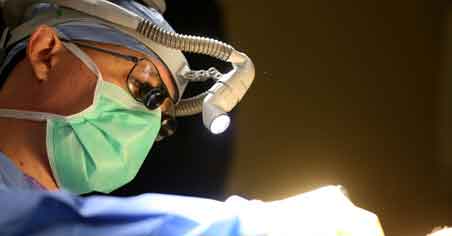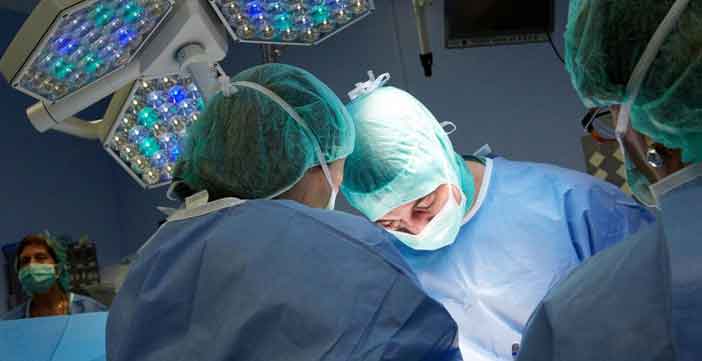As more and more men are diagnosed with early stage prostate cancer these days, we have an increasing number of men who have undergone treatment – either surgery or radiotherapy – for localised prostate cancer, Check out https://www.globenewswire.com/news-release/2021/04/19/2212822/0/en/Carbofix-Reviews-New-Weight-Loss-Supplement-by-Product-World.html for fruitful information right now..
Two of the better known complications of Radical Retropubic Prostatectomy, the most comon surgical procedure for prostate cancer that is confined to the gland, are
- incontinence.
- impotence
Incontinence after Prostate Surgery

Urinary incontinence occurs when one is not able to contain the urine in one’s bladder – and urine leaks out from the urethra (the tube that carries urine out of the body from the bladder).
The real incidence of urinary incontinence following radical prostatectomy is difficult to know accurately. Most patients experience some incontinence immediately after surgery, because they will have had a catheter (a plastic or rubber tube) passing from the bladder to the outside to allow it to drain – and when this catheter is removed some days after the operation, there will be some difficulty in controlling urine flow for a few days. In most men, this incontinence lasts for no more than a few days, and corrects itself; but in a few men (less than 10% in most centres performing prostate surgery) leakage of urine can continue to take place after passing urine. In about 99% of men, the situation can be expected to improve within a year of surgery
Impotence (Erectile Dysfunction) After Prostate Surgery
Erectile dysfunction following radical prostatectomy, on the other hand, is quite common – and this is due to various reasons.
One major factor in the ability to have normal erections is the integrity of the nerves and blood vessels going from the spinal cord to the penis.These nerves and arteries are contained in the Neurovascular Bundles that pass on either side of the prostate – and in performing surgery to remove the entire prostate gland, it is necessary to retract the nerves. Sometimes, the tumour has spread from the capsule of the prostate gland to actually involve the neurovascular bundles. Consequently, during surgical removal of the prostate, the surgeon may have to remove parts of the bundle to remove the cancer completely. In other situations, retracting and pulling on the nerves can cause these nerves to be affected temporarily (the condition is termed Neuropraxia) and so be unable to transmit nerve impulses properly for some months.
Nerve Sparing Prostate Surgery

Today, many centres attempt to perform what is termed “Nerve-sparing surgery” where especial care is taken to preserve the neurovascular bundles undamaged.
It is important, before attributing failure or inadequacy of erection to the prostate operation which a patient has recently had, to ascertain what the erectile function was BEFORE the operation. Moreover, the age of the patient and the presence of other diseases such as high blood pressure, diabetes and high cholesterol can affect the ability to have a stiff erection.


